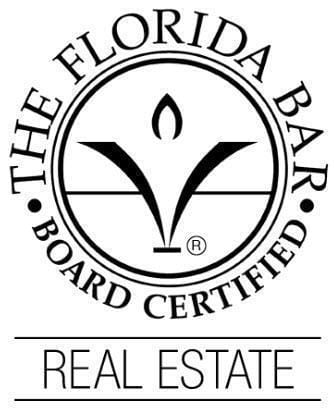If you’re relatively new to the world of business and commercial leases, one of the first things you need to learn — whether you’re the landlord or the renter — is the meaning and importance of “exclusive use clauses” in your leases. Not knowing how use clauses work is a common — and potentially costly — mistake.
Imagine this: You rented one part of a shopping plaza to a tenant who operates a coffee and pastry shop. Later, you rent another part of the shopping plaza to a Mexican restaurant. Everything seems to be fine until the Mexican restaurant decides to add breakfast hours.
Suddenly, your coffee shop tenant is on the phone, furious because you’ve violated the terms of his exclusive use clause — the one that gave him the right to be the only tenant who offered pastry and coffee service in the mornings — something that does appear on the Mexican restaurant’s menu, if only in a limited fashion. Unfortunately, you’ve got no easy way out of the situation if you didn’t put restrictions on your other tenant’s lease.
Exclusive use provisions are common in the commercial rental game — and they aren’t all bad. Done well, they set expectations out very clearly and help you keep an attractive mix of clients in your buildings that will help draw in a broad client base and keep the place thriving as a whole. Done badly, however, exclusive use contracts can be a disaster — and the cause of a lot of litigation.
Don’t take chances with the wording on your commercial leases. There are few protections for commercial landlords or renters who make inexperienced mistakes. Contact our office and let an attorney who is experienced in commercial real estate review your leases before they are signed.




